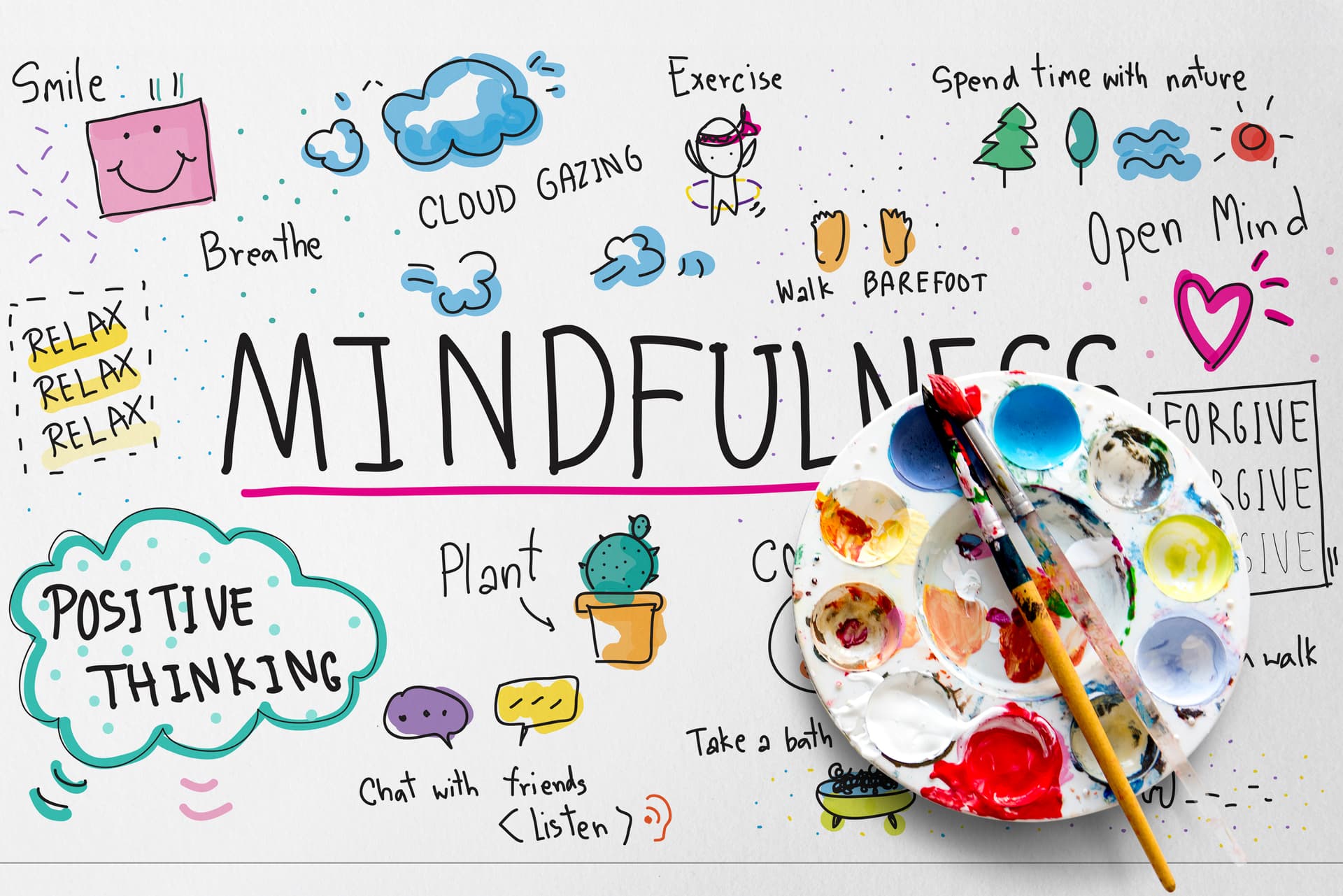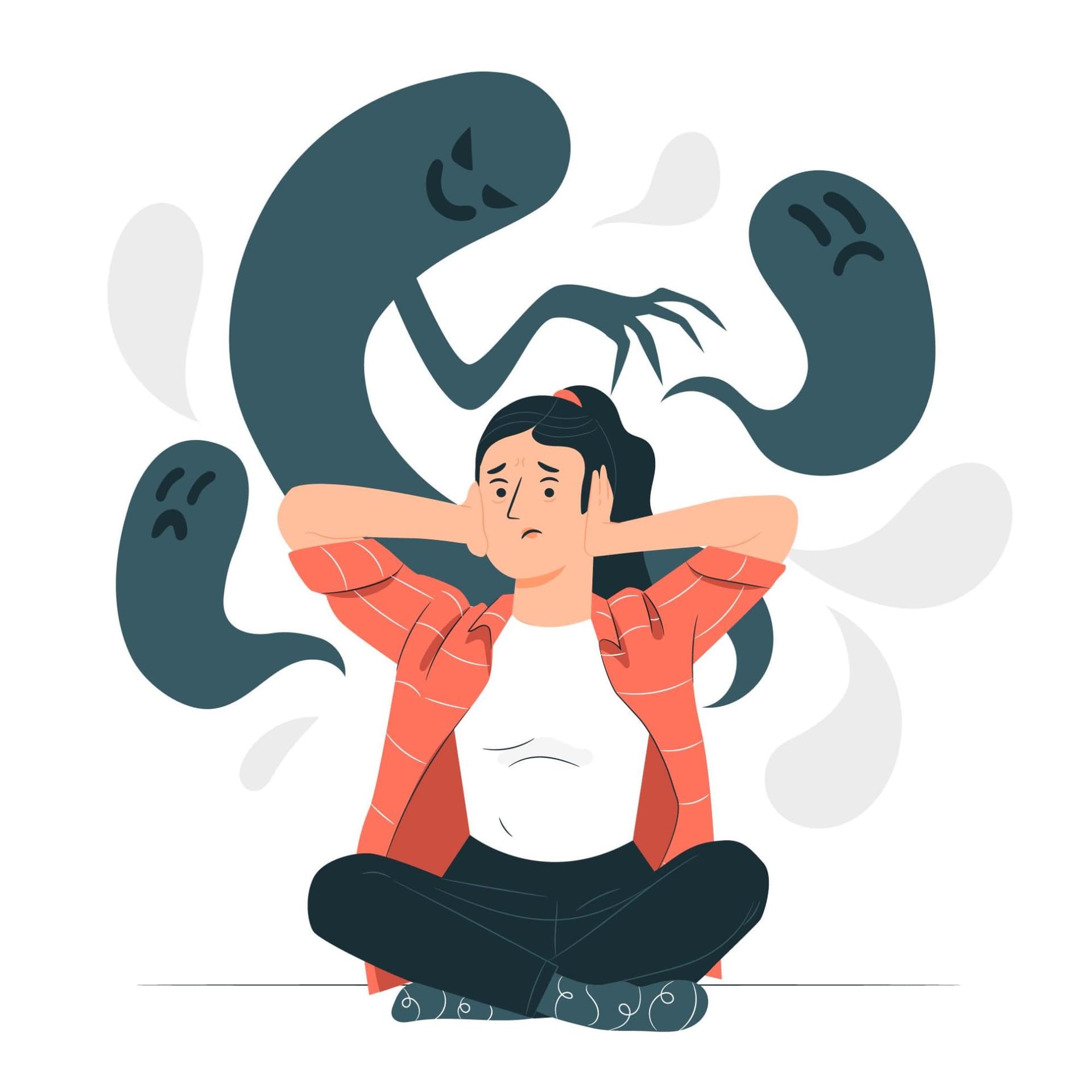
Mindfulness: The Power of Awareness in Combating Stress and Anxiety
In our increasingly hectic and stimulus-rich world, it is not uncommon to feel overwhelmed by stress and anxiety. These emotional states, although natural, can become debilitating when they take over our lives, negatively affecting our mental and physical health as well as interpersonal relationships. However, there is an ancient practice that is gaining growing scientific and popular interest for its effectiveness in combating stress and anxiety: mindfulness.
Stress and anxiety are typically triggered by external factors that require a lot of energy from the person to cope with. Stress can be caused by short-term events, such as a work deadline, or long-term ones, like unemployment or a pandemic. Anxiety, on the other hand, is characterized by persistent and excessive worries that do not disappear even in the absence of an external factor. It is a state of restlessness and fear that can persist without an evident contingent cause.
Stress can manifest through a variety of symptoms, including:
- Sensation of tension or pressure: You may feel muscle tension, especially around the shoulders, neck, and back.
- Irritability or mood swings: You may feel easily frustrated, angry, or nervous, and have difficulty controlling your emotions.
- Difficulty concentrating: It may be hard to focus on work or other activities, leading to decreased productivity.
- Insomnia or sleep disturbances: You might have trouble falling asleep or staying asleep, resulting in negative effects on your health and overall well-being.
- Headaches or other physical pains: Stress can cause headaches, abdominal pain, nausea, or other physical ailments.
Anxiety, on the other hand, is characterized by persistent and excessive worries that can negatively affect your daily life. Symptoms of anxiety may include:
- Constant worry: You may find yourself constantly worrying about future events or things that could go wrong.
- Sensation of tension or nervousness: You may feel tense, anxious or restless even without an apparent cause.
- Difficulty concentrating: It can be difficult to focus on the task at hand because your mind is occupied with worries.
- Irritability or mood swings: You can become easily frustrated, angry or nervous especially if your worries are not heard or addressed.
- Insomnia or sleep disturbances: Anxiety can make it difficult to fall asleep or stay asleep with resulting negative effects on health and overall well-being.
Mindfulness is a meditation practice that encourages attention and awareness of the present moment without judgment. This practice has roots in Eastern traditions and has gained popularity in the West over recent decades thanks also to scientific research support. Mindfulness has been shown to effectively reduce symptoms of anxiety and depression, improve sleep quality, reduce chronic pain and help manage post-traumatic stress disorder (PTSD). Furthermore, it can help improve concentration, emotional regulation and resilience when facing daily challenges.Incorporating mindfulness into daily life does not necessarily require long periods of seated meditation. Even small daily practices can make a big difference in how we manage stress and anxiety. Here are some practical tips to get started:
- Wake Up With Intention: Start your day by taking a moment to breathe deeply and set a positive intention for the day.
- Eat Mindfully: Dedicate at least one meal a day to practicing mindfulness by paying attention to flavors, smells and sensations that food provokes.
- Breathing Breaks: During the day take short breaks to focus on your breath. This can help center you and reduce stress levels.
- Awareness of Thoughts: When you notice being overwhelmed by anxious thoughts try observing them without judgment as if they were clouds passing across the sky of your mind.
- Gratitude: Before going to bed reflect on three things you are grateful for. This can help shift your attention from worries to positive moments during the day.
Mindfulness is not a quick fix but a practice that requires commitment and patience. However the benefits it can bring to your life are countless. If stress and anxiety are taking over your life consider giving mindfulness a chance. It might be the key to rediscovering inner balance and living a calmer more fulfilling life.
Francesca Paola Catrini
-
Mindfulness MBSR protocol facilitator for stress reduction
- Mindfulness meditation teacher
- Holistic Counselor in the self-help relationship
- Online consultant for personal growth and inner
well-being
- Expert consultant in Holistic Welfare-Wellbeing and Work-Life
Balance






